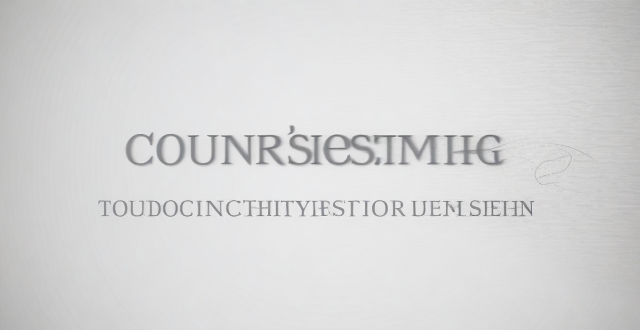Postpartum depression is a serious mental health condition that affects new mothers after childbirth. Symptoms include sadness, anxiety, and exhaustion, making it difficult for women to care for their babies or themselves. Counseling has been shown to be an effective treatment option for PPD. It provides a safe space to express emotions, identifies triggers, builds coping skills, enhances self-care, improves relationships, and supports medication management. If you or someone you know is experiencing symptoms of postpartum depression, consider seeking professional counseling to get the support and guidance needed to overcome this challenging condition.

Can Counseling Help Women Overcome Postpartum Depression?
Postpartum depression (PPD) is a serious mental health condition that can affect new mothers after childbirth. It is characterized by feelings of sadness, anxiety, and exhaustion, which can make it difficult for women to care for their babies or themselves. Fortunately, counseling has been shown to be an effective treatment option for PPD. In this article, we will explore the benefits of counseling for women with postpartum depression and how it can help them overcome this challenging condition.
What is Postpartum Depression?
Postpartum depression is a type of depression that occurs in women after childbirth. Symptoms may include:
- Persistent feelings of sadness or hopelessness
- Loss of interest in activities that were once enjoyable
- Difficulty sleeping or excessive sleeping
- Changes in appetite or weight
- Irritability or anger
- Feelings of guilt or worthlessness
- Difficulty bonding with the baby
- Thoughts of harming oneself or the baby
These symptoms can vary in severity and duration, but they can have a significant impact on a woman's ability to function and care for her baby.
How Can Counseling Help?
Counseling, also known as psychotherapy or talk therapy, involves working with a trained mental health professional to identify and address the underlying causes of PPD. There are several ways that counseling can help women overcome postpartum depression:
1. Providing a Safe Space to Express Emotions: Many women feel pressure to keep their feelings about motherhood to themselves, fearing judgment or criticism from others. Counseling provides a safe, non-judgmental space where women can express their emotions freely and receive validation and support from a trained professional.
2. Identifying and Addressing Triggers: Through counseling, women can work with their therapist to identify the triggers that contribute to their PPD symptoms. This might include unrealistic expectations of motherhood, past trauma or abuse, or current stressors such as financial difficulties or relationship problems. By identifying these triggers, women can learn coping strategies to manage them more effectively.
3. Building Coping Skills: Counseling can help women develop coping skills to manage the symptoms of PPD. This might include relaxation techniques, mindfulness practices, or cognitive-behavioral strategies to challenge negative thought patterns.
4. Enhancing Self-Care: Many women struggle to prioritize their own self-care during the postpartum period, which can exacerbate feelings of exhaustion and overwhelm. Counseling can help women recognize the importance of self-care and develop strategies to incorporate it into their daily routines.
5. Improving Relationships: Postpartum depression can strain relationships with partners, family members, and friends. Counseling can help women communicate their needs more effectively and improve their relationships with those around them.
6. Medication Management: In some cases, medication may be necessary to manage the symptoms of PPD. Counseling can provide support and guidance as women work with their healthcare providers to find the right medication and dosage for their individual needs.
Conclusion
In conclusion, counseling can be a powerful tool for women struggling with postpartum depression. By providing a safe space to express emotions, identifying and addressing triggers, building coping skills, enhancing self-care, improving relationships, and supporting medication management, counseling can help women overcome the challenges of PPD and enjoy a healthier, happier postpartum experience. If you or someone you know is experiencing symptoms of postpartum depression, consider seeking professional counseling to get the support and guidance needed to overcome this challenging condition.